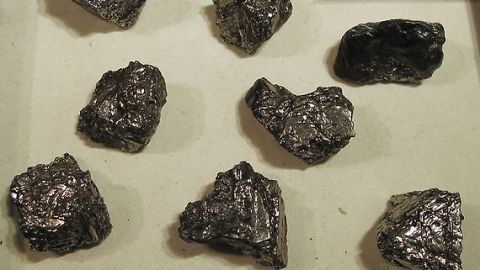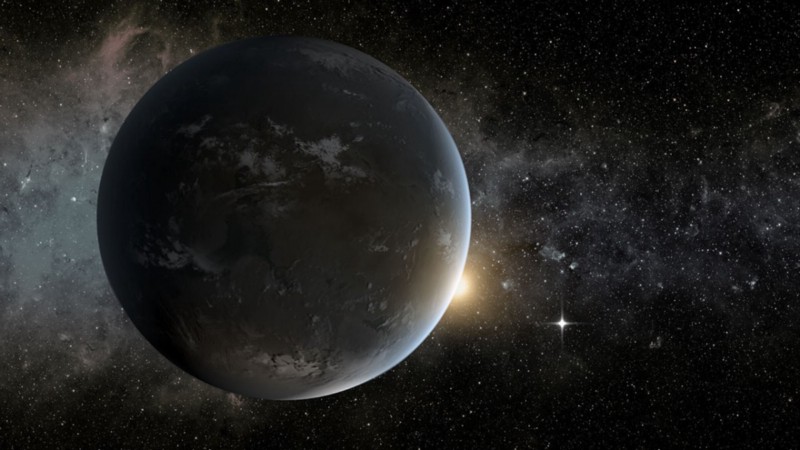Did Meteorites Bring Life to Earth?

What’s the Latest Development?
A N.A.S.A.-funded study has found eleven carbon meteorites to contain some of life’s most essential building blocks, ones that are rare or nonexistent in terrestrial conditions, say scientists. Researchers scanned the meteorites and three different nucleobases contained within the space rocks which are necessary for the production of R.N.A. and D.N.A. “Purine, 6.8-diaminopurine and 2.6-diaminopurine ‘are widely distributed in carbonaceous chondrites’ and which are ‘rare or absent in terrestrial biology,’ said the study.”
What’s the Big Idea?
The results of the study lend new credibility to the hypothesis that life may have come to Earth from outer space, or at least some of its necessary ingredients. “Finding nucleobase compounds not typically found in Earth’s biochemistry strongly supports an extraterrestrial origin,” said Jim Cleaves, one of the study’s authors from the Carnegie Institute of Washington’s Geophysical Laboratory. While earlier in the year N.A.S.A. had distanced itself from claims of extraterrestrial origin, Cleaves is calling the meteorites “molecular tool kits”.





